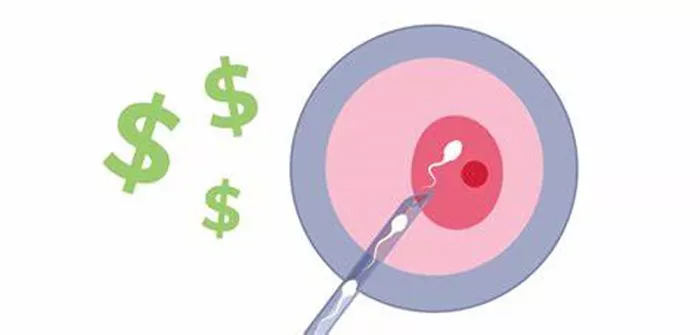The New South Wales (NSW) government is set to scale back its IVF rebate scheme, limiting the $2,000 payment to families earning less than $116,000 annually. Since its launch in January 2023, the rebate has provided financial support to around 12,000 families across the state, helping with out-of-pocket costs for fertility treatments. However, due to higher-than-expected demand and budget constraints, the scheme will soon be subject to a means test.
Premier Chris Minns explained that the decision to narrow eligibility for the rebate was driven by financial limitations. “The previous government established the program right before the election campaign, but they didn’t allocate enough funding for it,” Minns said. “We recognized the value of the scheme, but the number of applications far exceeded what we could afford. We have had to put a means test in place due to the cost to taxpayers.”
Under the new rules, only households with a combined income of $116,000 or less will be eligible for the rebate. This adjustment is expected to disappoint some couples who were hoping to receive financial assistance for their IVF treatments. “It’s a tough decision, and we know it’s going to be disappointing for many families. But the reality is that taxpayers’ ability to support this program is not unlimited,” Minns added.
The IVF rebate, an Australian first introduced by the former Berejiklian Government, was part of a wider effort to address the country’s declining birth rate. In response to criticism, Minns emphasized that his government had doubled the budget for the scheme compared to the previous administration’s allocation.
Opposition Leader Mark Speakman criticized the cut, arguing that it would hurt families already struggling with the high cost of fertility treatments. “The $116,000 threshold is effectively $58,000 per person—around $25,000 less than the starting salary of a teacher,” Speakman said. “This is a cruel blow to thousands of women and couples who were depending on this rebate to help them start a family.”
Currently, one in 16 babies born in NSW is conceived through IVF, underscoring the important role the rebate has played in supporting families facing fertility challenges. The changes to the program come amid growing concerns about Australia’s low birth rate, which has raised calls for more investment in fertility support, not less.
Related topics:
Australia’s Birth Rate Hits Two-Decade Low Amidst Financial and Social Challenges
Fertility Journey: Kristine Sheriff Opens Up About Infertility Struggles and Hope for the Future


























